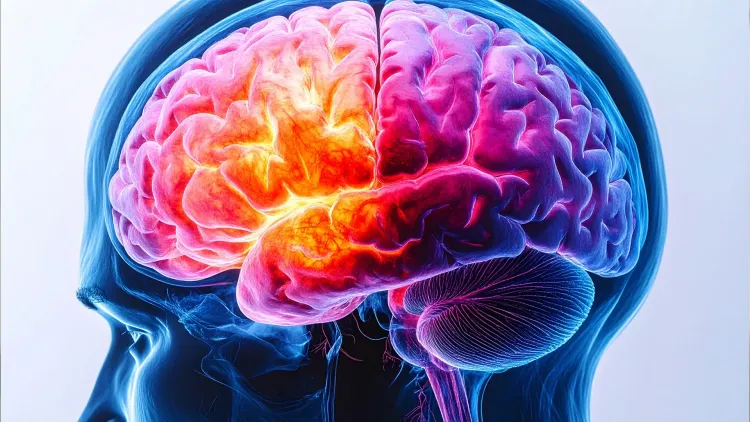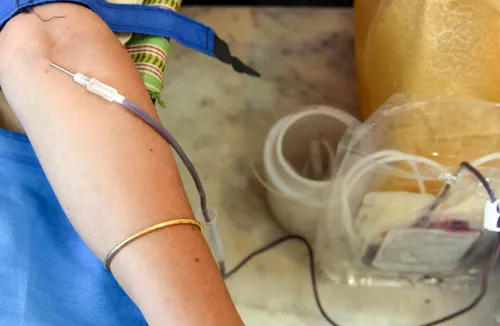Are Early Periods and Later Menopause Key to Slower Brain Aging in Women?

Synopsis
Key Takeaways
- Early menstruation and later menopause may lead to healthier brain aging.
- The role of oestradiol is crucial in this context.
- Longer reproductive spans are linked to lower dementia risk.
- Future interventions might include hormone therapies.
- Genetics and lifestyle also play important roles in brain health.
New Delhi, June 6 (NationPress) A recent study reveals that women who experience early onset of menstruation and later menopause—indicative of a longer reproductive duration—may benefit from healthier brain aging throughout their lives.
The research indicates that a woman’s reproductive timeline can significantly influence her brain health in later years, potentially lowering the risk of dementia.
Additionally, the study highlights the impact of oestradiol (or its deficiency) on the onset of dementia.
The levels of oestradiol increase at puberty, remain elevated during most of a woman's reproductive stage, and sharply decline around menopause. This decline has been associated with a heightened risk of dementia and other age-related brain disorders.
“These findings bolster the notion that oestradiol—the most powerful and prevalent form of estrogen during a woman’s reproductive phase—may provide protective benefits for the brain as it ages,” stated lead researcher Eileen Lueders, an Associate Professor at the University of Auckland’s School of Psychology.
The research may pave the way for potential health strategies, such as hormone therapies during the pre-menopausal and post-menopausal years, to mitigate the risk of Alzheimer’s disease for certain women.
The research team employed a machine learning technique to analyze both cross-sectional and longitudinal data from a cohort of 1,006 postmenopausal women who underwent structural magnetic resonance imaging twice, around two years apart.
Women who experienced earlier menarche, later menopause, and a longer reproductive span demonstrated reduced brain aging.
While the findings published in the journal GigaScience contribute to the mounting evidence that oestradiol may have a protective role in brain health, Lueders cautions that the observed effects were minimal, and oestradiol levels were not directly measured.
Other factors such as genetics, lifestyle, and overall health also play a significant role in brain aging.
Lueders hopes that upcoming studies will involve a more diverse participant pool and directly measure hormone levels to deepen the understanding of how oestradiol and other elements affect brain health in women.










